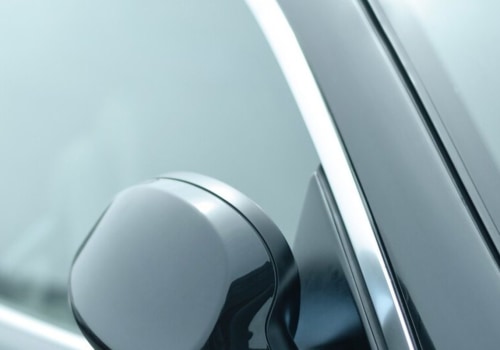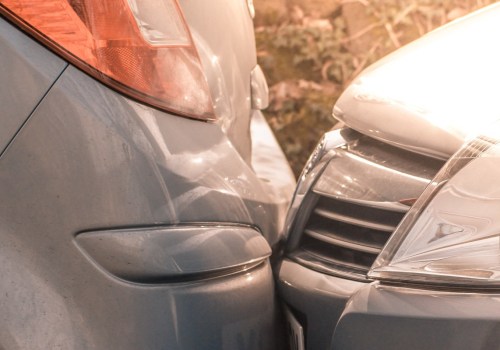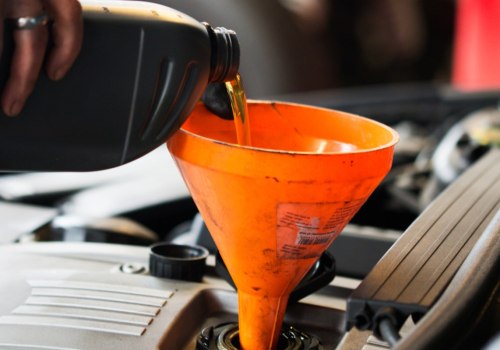Routine maintenance services are essential for keeping your car in good working order and avoiding costly repairs in the future. Many manufacturers use a 30-60-90 program, which means that certain items must be inspected, exchanged, or replaced at 30,000, 60,000, and 90,000 miles. But if you're like most drivers, you might wonder if all of the maintenance checkpoints suggested in your car's manual are essential to the health and well-being of your car. Some items, such as rubber gaskets and hoses, wiper blades, and tires, wear out at irregular intervals.
These “consumables” should be checked regularly, either by your mechanic or by your own visual inspection. For everything else, this car maintenance guide explains what you should do and why you should do it. Driving in the city tends to be more difficult in cars than on the road, and many of the elements in your car are designed to wear out, so you need to keep these consumable parts in mind. The owner's manual provides a routine automatic maintenance program based on engine mileage for most cars.
Carefully follow your car manufacturer's recommendations for scheduled vehicle service and use qualified mechanics to perform work on your car. Still, the dealership might be the best way to know for sure if that new car you're considering comes with a free maintenance program. When you perform car maintenance at regular intervals, you keep your trip in good working order and help avoid costly mechanical repairs in the future. The following guidelines are the approximate intervals that many car manufacturers suggest car maintenance service should be performed. Most mechanics still recommend the so-called 30-60-90 service interval, which places a car in the shop for scheduled maintenance at 30,000 miles, 60,000 miles and 90,000 miles.
Timing Belt Cars that use a timing belt instead of a timing chain need to worry about this little maintenance. The maintenance schedule is a chart that tells you how often your car needs to be repaired and what work needs to be done. Taking care of your car by performing preventive maintenance helps ensure you have safe and reliable transportation. Not only that, but maintaining a detailed vehicle maintenance history can also help improve the resale value of your car. It is important to remember that each vehicle is unique and several parts can wear out at irregular intervals depending on your driving habits. Therefore, it is essential to follow your car manufacturer's recommendations for scheduled vehicle service and use qualified mechanics to perform work on your car.






